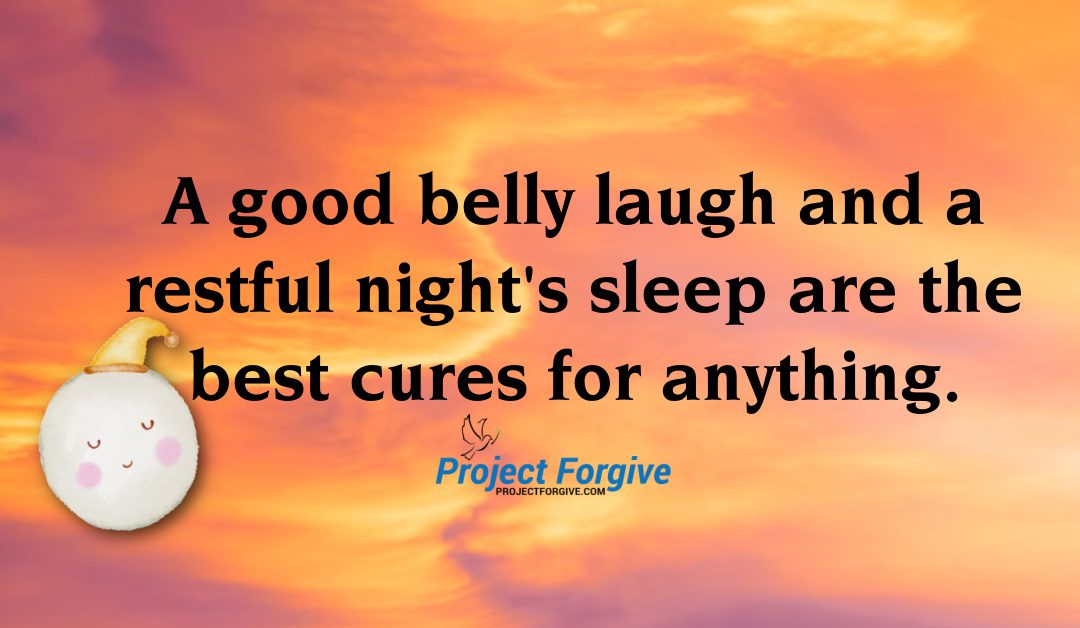You already know this, your body’s got to get its rest. When you’re sleep-deprived and insomnia sets in, it impacts every aspect of your life.
And yeah, at different points in our lives, it’s a struggle, especially as we age.
Insomnia, restless leg syndrome, stress, and anxiety can all get in the way of getting your zzzz’s.
This list (and advice), was put together to support you in getting a better night’s sleep, to shift sleeplessness, your sleep patterns, and to positively impact your sleep health and ultimately improve sleep quality.
Some of these you’ll know, others may inspire you to take your sleep needs more seriously and with more precious self-care.
Here’s your motivation to focus on sleeping better at night …
1) Research shows poor sleep is linked to weight gain and obesity. One of the many reasons is that good sleepers tend to eat fewer calories and tend to exercise. Maybe because they’re not so tired? Physiologically, a lack of sleep also impacts the hormones that regulate your appetite.
2) Sleep affects your metabolism and increases your risk for Type 2 Diabetes. Lack of sleep impacts blood sugar levels and insulin sensitivity. As a matter of fact, one study found those sleeping less than six hours per night, have consistently shown to be at an increased risk.
3) Loss of sleep is also linked to depression. Up to 90% of those diagnosed with depression, complain about an inability to sleep.
4) Those who struggle with sleep are also more likely to develop a cold than those who consistently sleep eight hours a night.
5) Sleep affects your emotions and relationships. Researchers have found that poor sleep impacts your ability to recognize common social cues, such as anger or happiness. When you lose access to those cues, it impacts your ability to see the cues and cultivate more intimate and vulnerable communications.
6) A good night’s sleep can improve your memory. Your brain is busy during sleep, processing and strengthening new skills you learned while you were awake.
7) Sleep sharpens your ability to concentrate and focus. Studies have found, particularly with kids, that a lack of sleep causes impulsiveness, a lack of ability to pay attention, and causes hyperactivity.
Bottom line?
Focus on getting a good night’s rest. Easier said than done, we know. And? You can start one night at a time.
Here are a few tricks and techniques to help improve sleep quality and build a healthy bedtime routine:
Go to sleep at the same time (even if you’re twiddling your thumbs) and rise in the morning at the same time. Consistency regulates your inner clock.
Get more exposure to sunlight during the day
Turn off the electronics before bed. A good rule of thumb is at least 2 hours before bedtime.
Also, here’s a 3-step deep breathing exercise that has proven to work for many people:
Take a deep breath in through your nose for seven seconds.
Hold it for seven seconds.
Then slowly breathe out for another seven seconds.
Repeat.
This repetitive pattern is soothing and can support you in getting the rest you deserve and need.
Joy,
Dr. Shawne
Related Articles:
Self-Care & Forgiveness Brings Joy
Because a Mother Never Sleeps …


